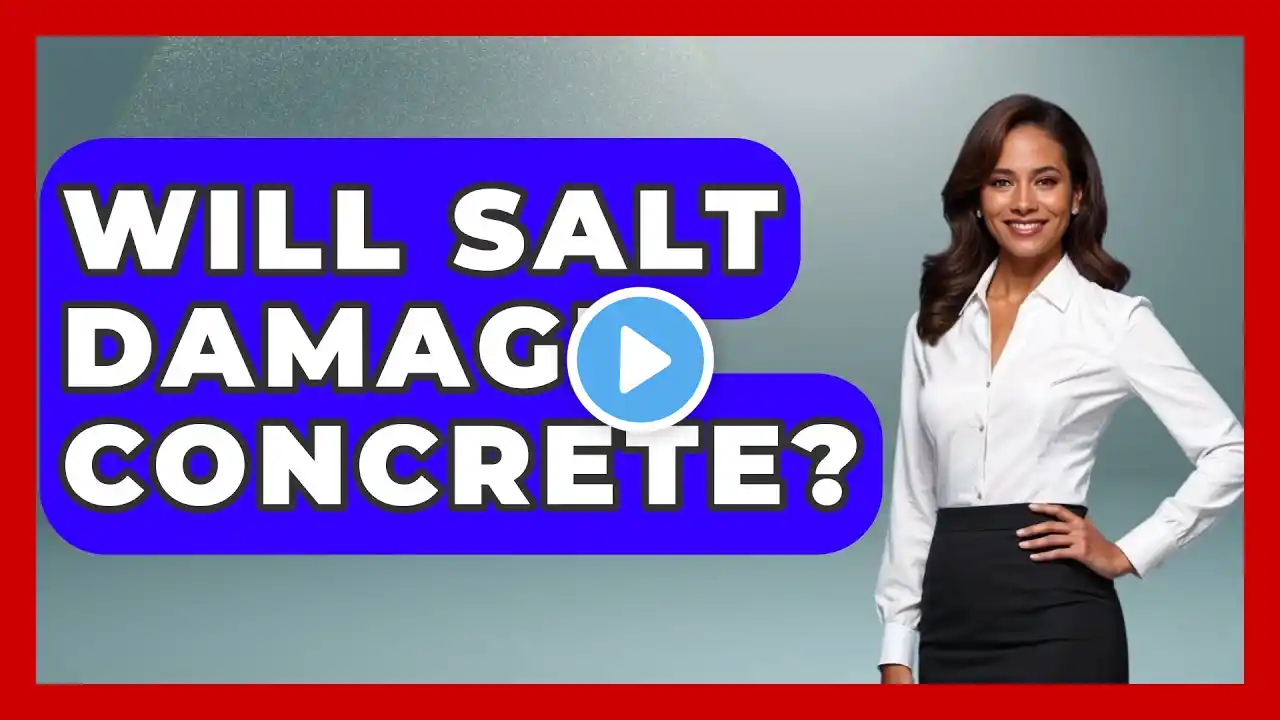
Will Salt Damage Concrete? - Civil Engineering Explained
Will Salt Damage Concrete? Have you ever considered the impact of salt on your concrete surfaces during winter? In this informative video, we’ll discuss the effects of using salt, particularly sodium chloride, on concrete and how it can lead to damage over time. We’ll address the processes that occur when salt is applied to icy surfaces, including how it interacts with the concrete structure and the resulting freeze-thaw cycles. We’ll also explore the chemical reactions that take place when salt lowers the pH of concrete, potentially compromising its integrity. Additionally, we’ll highlight alternative methods for maintaining safety during icy conditions without harming your concrete. You’ll learn about safer options like cat litter, sand, and wood chips that can provide traction without the risks associated with salt. For those who still choose to use salt, we’ll share tips on how to minimize its effects and protect your concrete surfaces. Whether you’re a homeowner looking to maintain your driveway or a professional in the construction industry, this video will provide essential information to help you make informed decisions about winter maintenance. Join us for this informative discussion, and subscribe to our channel for more helpful tips on civil engineering and construction practices. ⬇️ Subscribe to our channel for more valuable insights. 🔗Subscribe: https://www.youtube.com/@CivilEnginee... #ConcreteCare #WinterMaintenance #SaltDamage #CivilEngineering #HomeImprovement #ConcreteProtection #IcyConditions #ConstructionTips #TractionAlternatives #ConcreteSealing #FreezeThawCycles #ConcreteIntegrity #SaltAlternatives #DIYHomeMaintenance #ConcreteRepair About Us: Welcome to Civil Engineering Explained, your friendly source for all things related to civil engineering. Whether you’re a student, a professional, or just curious about the world of infrastructure, this channel provides clear and accessible content to help you grasp essential concepts and practical applications in civil engineering. Please note that the content shared on this channel is for informational purposes only and should not be taken as professional advice. Always conduct your own research and due diligence when applying any concepts discussed here.











